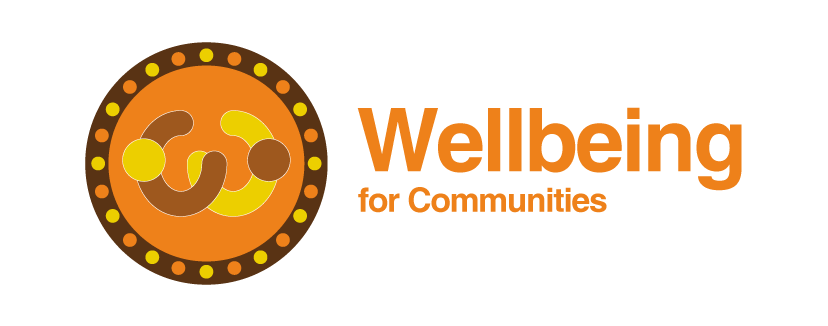THE THESE AIMS, WELLBEING FOR COMMUNITIES FOCUSES ON THE FOLLOWING WELLBEING PROJECTS
Research
PHYSICAL WELLBEING
SOCIAL & CULTURAL WELLBEING
ACADEMIC & PROFESSIONAL
8
+
TEAM MEMBERS
7
+
PROGRAMS
12
+
PROJECTS
13
+
PARNERS
is the capacity of an entity (e.g. individual, community or a global system) to flourish across at least 8 dimensions.
According to Diener et al. (1999), this wellbeing dimension refers to the ‘quality of physical health including its current state, systems for its maintenance and potential to be disease-free and with energy to achieve life goals’. Some of the indicators of the physical wellbeing of international students might include: nutrition, sufficient sleep, health knowledge, affordable health care and sporting activities among others.
As said by Ryff (2014), this wellbeing dimension refers to the ‘quality of mental health including sufficient positive feeling states, freedom from past trauma, coping skills to match life’s challenges, optimism about the future, robust self-identity and ability to manage unsettling feeling states such as anxiety, depression, anger and compulsiveness’. In terms of international students, this dimension could be related to the provision of counselling services, as well as psychological and crisis support.
According to the OECD (2013), economic wellbeing refers to ‘income, financial security and job’. In the case of international students, this could translate into employment opportunities and advocacy, as well as emergency relief.
As said by Perry (2009), material wellbeing refers to ‘whether the individual can enjoy the material assets that allow him to do and be what s/he seeks in life including shelter, transport, technology, furniture, tools and entertainment hardware’. In terms of international students’ material wellbeing, this might mean having support to find affordable accommodation, tenancy advocacy, rental support, as well as emergency relief and housing.
According to Keyes (1998), social wellbeing refers to ‘the quality of relationships with others including: partner, family, friends, colleagues, as well as community engagement and safety’. In the context of international students, this dimension may be related to social and recreational activities.
In relation to cultural wellbeing, Torjman (2004) states that it refers to ‘the extent to which people can actively engage with their culture, customs, traditions and values at a level which people feel that their culture improves rather than it hurts the identity that they wish, such as equality of gender, access to cultural heritage, cultural activities, etc.’. In terms of international students’ wellbeing this could relate to cultural activities, associations and events.
Peterman et al. (2002) mentions that spiritual wellbeing refers to ‘the practice of a values system by which people are guided, which gives them a purpose beyond self and connects them with non-material sources of fulfilment in life’. In the international students’ sphere, this dimension may be related to access to churches, mosques and other places of worship, as well as to spiritual counselling and support.
According to Solomon (2016), professional wellbeing is defined as ‘a state of wholeness that results from bringing balance into life, work, people and money’. In relation to international students, this could be related to professional development opportunities and support.
Ready to Join US?
We always welcome any suggestions, initiatives, volunteers and partners
who could help us to contribute to local and international communities' wellbeing.













